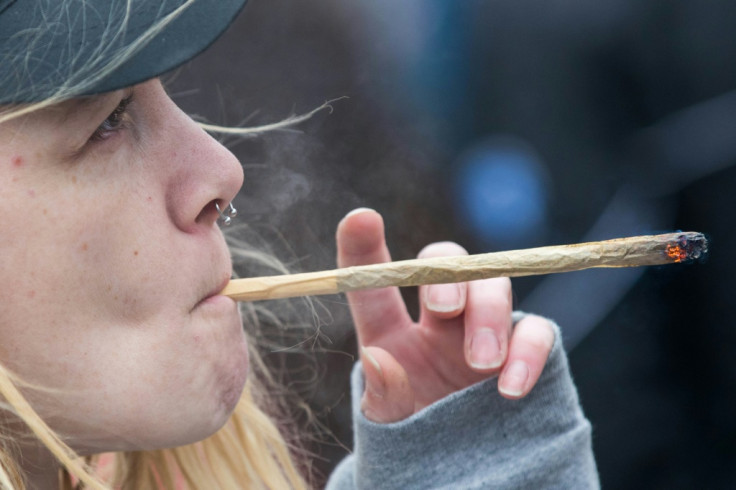Using weed while pregnant is associated with child's psychotic-like behaviour
Children who were exposed to marijuana or cannabis while still in the womb had a higher risk of showing psychotic-like behaviour.
Pregnant women take precautions when it comes to their health in order to protect their babies. However, those who used to believe that smoking weed during pregnancy is somehow acceptable may have to take a step back and rethink their position as new research showed that this is an unhealthy practice that could lead children to exhibit psychotic-like behaviour.
A study, published in JAMA Psychiatry titled, "Associations Between Prenatal Cannabis Exposure and Childhood Outcomes" showed that children who were exposed to marijuana or cannabis while still in the womb had a higher risk of showing psychotic-like behaviour. Aside from this, they showed more social, sleep and attention problems. In addition, they also exhibited weaker cognitive abilities.
The researchers analysed data of 11,489 children who were part of the Adolescent Brain Cognitive Development (ABCD) study. This study is touted as the biggest long-term study on children's health and brain development. The cognitive abilities and their behaviour patterns were evaluated. Those who were recruited for the study were children aged between nine to 11 years, between June 1, 2016 and Oct. 16, 2018, from 22 sites across the US. These children were in the stage normally referred to as middle childhood.
Researchers then asked mothers whether they smoked weed during pregnancy. It was found that 655 of the children were exposed to cannabis while they were still in the womb. These children were the ones who had a higher risk of having behavioural problems. They also found that children of women who continued using weed even after they discovered that they were pregnant, showed more pronounced negative effects, even after researchers adjusted confounding variables, the effects still stayed.
Aside from behavioural problems, the researchers noted that previous studies already indicated that prenatal cannabis exposure has been linked to reduced birth weight, lower cognition, the risk of giving birth prematurely, as well as sleep problems.
A 2019 study made by the National Institute on Drug Abuse of more than 450,000 American women who were between the ages 12 to 44 indicated that between 2002 and 2017 the use of cannabis has more than doubled. Most marijuana use was during the first trimester and was mostly recreational.
The downside to this is that it is during the first trimester that the brain of the foetus becomes prone to damage as substances, like the THC compound, which is the one responsible for the "high" feeling after the use of marijuana, can enter the foetus' brain.
The Centers Disease for Control and Prevention (CDC) revealed that past studies showed how marijuana use while pregnant was associated with impulsivity, attention issues, and hyperactivity. In another study, it found that women who used weed during pregnancy were at an increased risk of having a child with autism.
© Copyright IBTimes 2024. All rights reserved.






